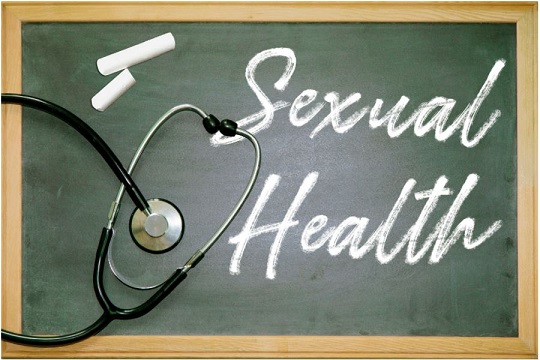Talking Sexual Health

Learning about sexual health often happens in many ways. Some young people learn through relationships and sexuality education (RSE) at school or through conversations with professionals or parents. While others learn from their peers, at youth groups or sports clubs, or through some form of media.
When we consider all of the places young people learn different elements of RSE, it makes sense why it's important for everyone working with young people to know the basics of sexual health and wellness and how to have these conversations, if appropriate.
Depending on the relationship you have with the young person, you might want to ‘casually’ plan to work topics into your time together, or go straight out and together create an agenda for catch-ups on relationships, sex and self-care.
These frameworks help you make decisions about if you should talk, when, how and when to refer to expert services.
The key is creating safety.
Resources
- Article: Cultural considerations when teaching [Sexuality and Relationships Education] Aboriginal students
- Book: Djiyadi (or Aboriginal and Torres Strait Islander sexual health workers)
-
Conversation Frameworks
- T.A.L.K acronym
- PLISSIT model from PlaySafe Pro, NSW Health
- Factsheet: Sexual Health Promotion with Culturally and Linguistically Diverse Young People